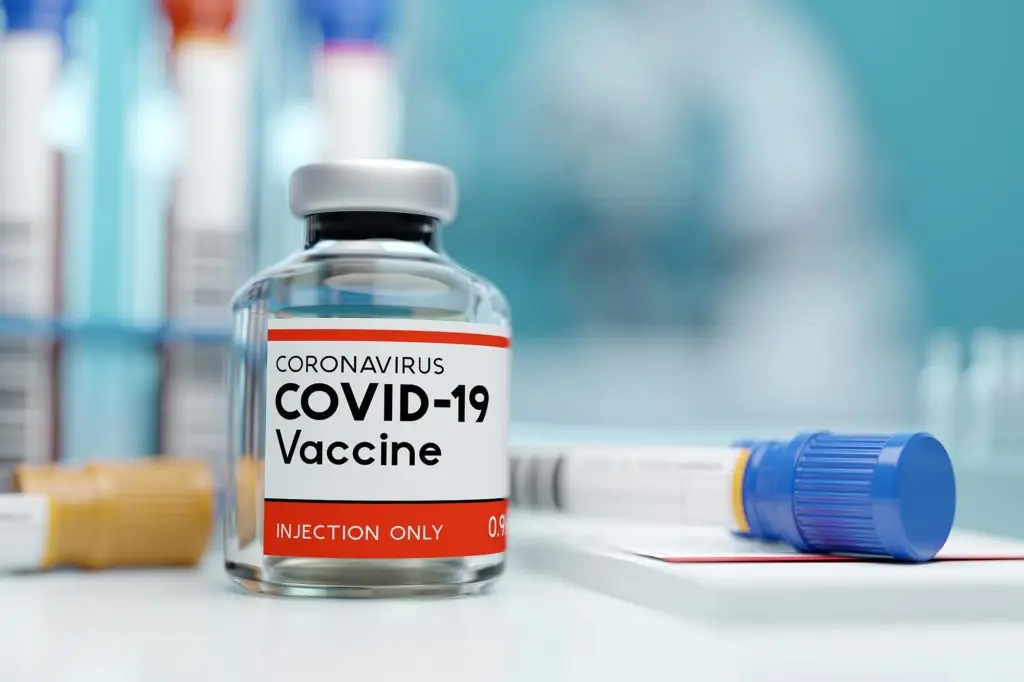In a bid to implement measures to prevent the spread of novel coronavirus, the Nigerian government aims at vaccinating at least forty per cent of its citizens, about 80 million people, before the end of 2021. Though vaccination helps to protect the body from harmful diseases, we still cannot ignore the fact that compulsory vaccination is a total breach of fundamental human rights and freedom of individuals to decide for themselves.
As entrenched in section 38 of the 1999 Constitution of the Federal Republic of Nigeria, every citizen is entitled to freedom of thought and conscience. The freedom so entrenched and the compulsory vaccination speak in opposite. This has raised the concern: Why is the government sacrificing human rights for human health?
As of July 5, Nigeria has received nearly 4 million doses of the Oxford-AstraZeneca COVID-19 vaccine manufactured by the Serum Institute of India. The arrival enabled the National Primary Health Care Development Agency to commence the vaccination of Nigerians.
Prospectively, in response to the pandemic, the Nigerian lawmakers proposed to repeal the Quarantine Act and enact the Control of Infectious Diseases Bill. The Bill, if enacted into law, would ensure compulsory vaccination against the will of any opposition. It also concentrates excessive powers in the hands of the Nigerian Centre for Disease Control (NCDC), giving them authority to compel and force any Nigerian to receive vaccines without their consent.
The power conferred on the DG under section 47 of the bill, to compel any person to undergo vaccination, indicates to be the most decisive. It states that “in an outbreak or a suspected outbreak of any infectious disease in any area in Nigeria, the Director General may by order direct any person or class of persons not protected or vaccinated against the disease to undergo vaccination or other prophylaxis within such period as may be specified in the order.”
The above section is to the effect that once the DG made a decision, it becomes effective regardless of any protest. And if the decision of the DG goes a wrong way, section 70 states that “no liability shall lie personally against the Director-General, any Health Officer, any Port Health Officer, any police officer or any authorised person who, acting in good faith and with reasonable care, does or omits to do anything in the execution or purported execution of this Act.”
While section 70 admits to the danger of DG’s excessive power, it still exonerates all the officers involve from all liability.
To cap the escapade, an appeal against this decision is directed to the Minister whose decision is final, unfortunately the minister is but an interested party.
Making a sole decision to compel an unwilling party is no doubt a violation of the citizens’ right to fair hearing protected under section 36 of the Nigerian Constitution. Not only that, the excessive powers the Bill confers on the Nigerian Centre for Disease Control (NCDC), breaches the international agreements like the African Charter on Human and Peoples’ Rights, the 1948 United Nations Declaration on Human Rights and 1976 International Convention on Civil and Political Rights, which have all been ratified and domesticated, thus make part of Nigerian laws.
For instance, Article 7 of African Charter on Human and Peoples’ Rights specifically confers on an individual “the right to an appeal to competent national organs against acts of violating his fundamental rights as recognized and guaranteed by conventions, laws, regulations and customs in force.” Unfortunately, section 16 of the bill which makes the minister’s decision final deprives a protesting individual the right to an appeal.
Though, the bill has passed the second reading at the floor of the National Assembly, the Federal Government requested the lawmakers to step down the bill to allow for wider consultations with stakeholders. It is fortunate that the process is stall. Before it resurrects, necessary amendments should be made so that no individual is subjected to compulsory vaccination — an act which tends to illustrate someone else has better value to the life another person.
As it stands in Nigeria today, there is no enabling law compelling and forcing people to take vaccines. Notwithstanding the government’s duty to protect its citizens, it also needs to ensure that their rights are not infringed in the process.
The first duty an individual owes to himself is to pursue his happiness, and he can achieve this by exercising his freedom of thought. With this, he needs to think for himself what is good and what is bad. It is his responsibility, not the Director General, to think whether vaccination is best for his health. Anything contrary is a breach of his fundamental and inalienable rights.














